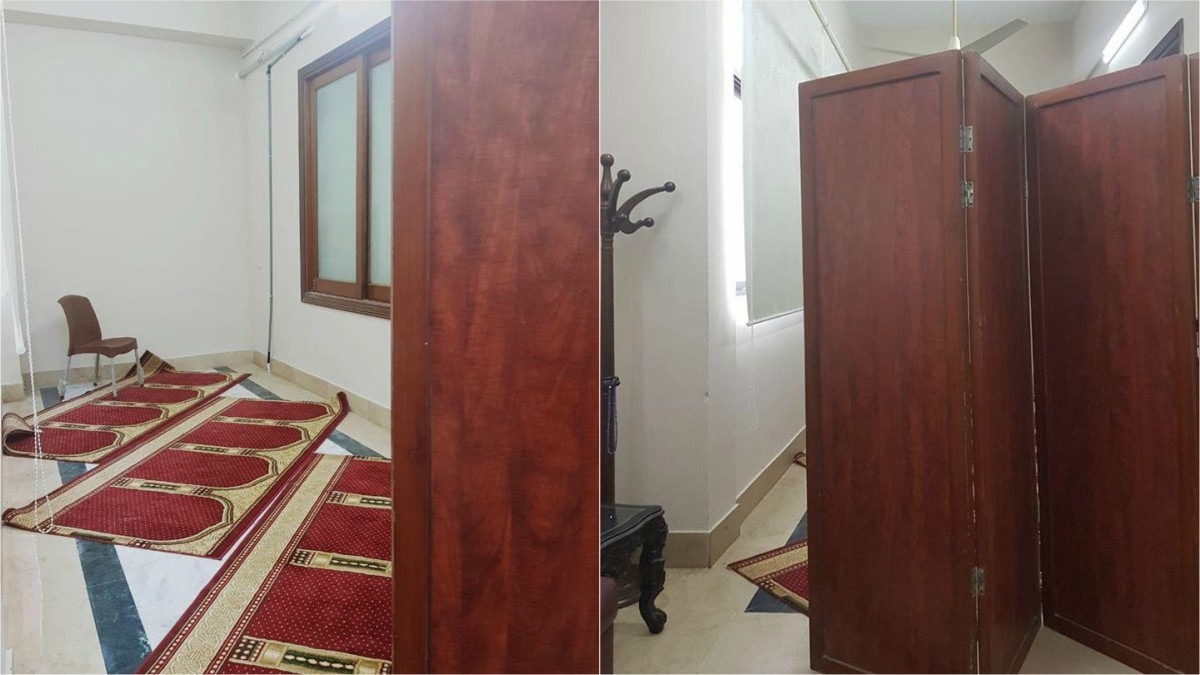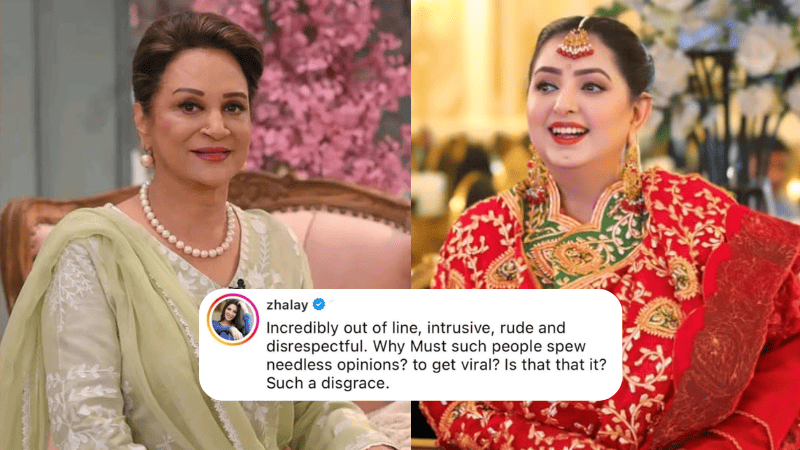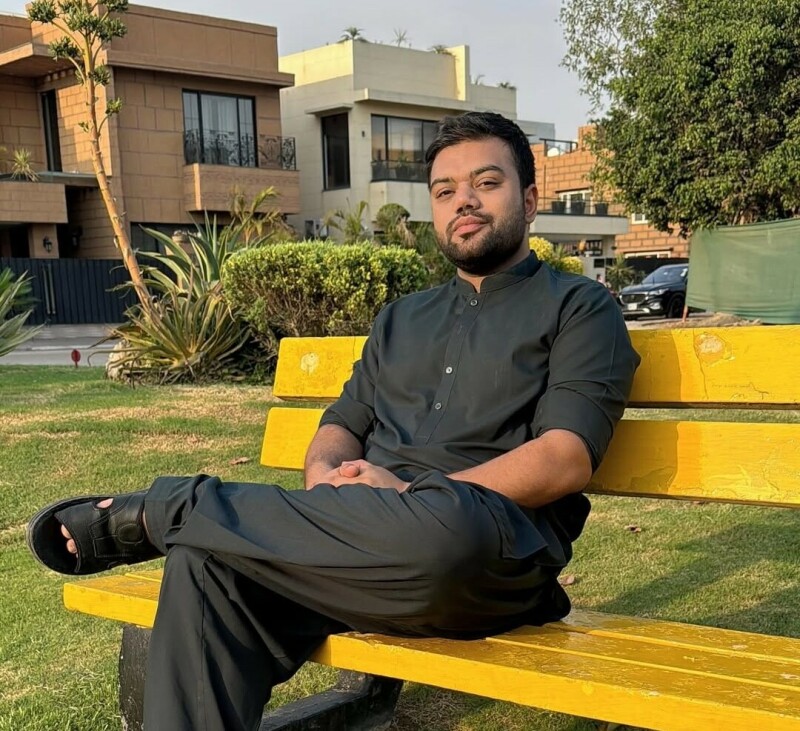Sindh High Court's common room for women is a small victory for female lawyers
Nearly two years after a cluster of women lobbied for it, the Sindh High Court is finally getting a common room for women.
Sara Malkani, one of the lawyers who spearheaded the initiative shares how and why this came to fruition in a profession with evidently not enough female representation: "There's a small group of us women, compared to men, who go to the High Court in Karachi, two of those lawyers being Zahrah Vayani and Zara Tariq."
"When we travelled to Balochistan, India or even Lahore, Quetta, Pindi and Islamabad for work, we realized that all those courts have a separate bar room for women. Even the lower court of Karachi had one, so why not us?"

She added: "In the summer, we're all cramped in the one room we have, crouched next to men. It's not an ideal setting to unwind. The aim is not to segregate men and women but simply provide women with a space to recuperate without feeling conscious, to pray or for women who take hijab to just rest."
She feels the need to mention that because Sara revealed that when they first took the proposal to the Bar Association, they were accused of attempting to divide the legal community and told that this room will promote "indecent activities" (we kid you not!).

However, they didn't take the opposition to heart; The women approached the Chief Justice at the time, Syed Sajjad Ali Shah who was on board but still required the approval of the association. And that's where their proposal sat for a while, stuck in limbo. Reasons for the delay ranged from lack of interest to stating they did not even have a spare room to allocate to the cause.
In the meanwhile, more women joined the cause and by the end of it, they had a proposal letter signed by nearly 100 female litigants. At a barrister society dinner, they bagged a 100 more male member signatures.
"That was proof that this was not just a random brainchild of ours. It's bigger than just us, it's what people wanted, it's about women's rights," stated Zahrah.
Around the same time is when Bar Association member Advocate Razia Danish really started to push the agenda forward in committee meetings, during which she says she constantly had to remind senior fellow Bar members that the room was a necessity, not a luxury.
"It was a constant uphill battle. I was told that if I could convince all members to vote in favour for the room, the girls could have it. There was a lot of uproar at first; I had to convey that it wasn't discrimination against men, it was not a malicious plan to split up the genders but merely stemmed from a need for young women entering the profession to have their own space, where they feel safe and secure," she said.
She personally spoke to every member with any apprehensions about the space, even skipping taking her children on summer vacation so she could set up the room once it had been given the green light and she took upon the task of its execution.
And it wasn't all smooth sailing even after.
"All bar rooms have brown sofas so they had an issue with me picking out maroon ones for the new space," explained Danish before adding with a laugh that she didn't want to budge, just to continue a legacy of bad taste in furniture.
"It's small but I tried to pay as much attention to detail as I could. I interviewed contractors, dealt with getting the funds approved which was a feat in itself and even picked out all the wall hangings myself."

Strangely enough, for something that exists largely as a result of their advocacy, Zahrah, Sara and Zara weren't even formally informed about their motion being accepted. Only when Zahrah approached the president of the Association once again to discuss the matter were they told that the room had already been set up!
Not just that but it was also inaugurated in the presence of chief guests such as Justice Majda Rizvi (retired), the first female judge of the High Court of Pakistan ever and these ladies weren't even aware of that until after it happened. In a move that hopes to make the environment more inclusive, why weren't they kept in the loop more?
The trio, who doesn't seem fazed by that all, are also the brains behind the Women's Lawyer Association (WLA), which is in the process of getting registered so it's not a formal body just yet. That being said, currently Zahrah is the CEO, Sara the chairman and Zara handles the role of secretary and they seem to be heading in the right direction.
"The main reason we all thought it was necessary is because we feel the profession needs to be more welcoming and accommodating towards women for further occupational development in an otherwise male-dominated profession. Like there's only one sitting female judge in the Sindh High Court at the moment!" stated Sara.

The bar room is up and officially opened its doors this month and Vayani hopes that women who are mothers will also be able to utilise the space, as there's no day-care center on the premises either: "We're glad this has happened, we hope it's maintained and that the Bar Association realizes that women are a part of the legal community too and that we can handle more authority."














Comments